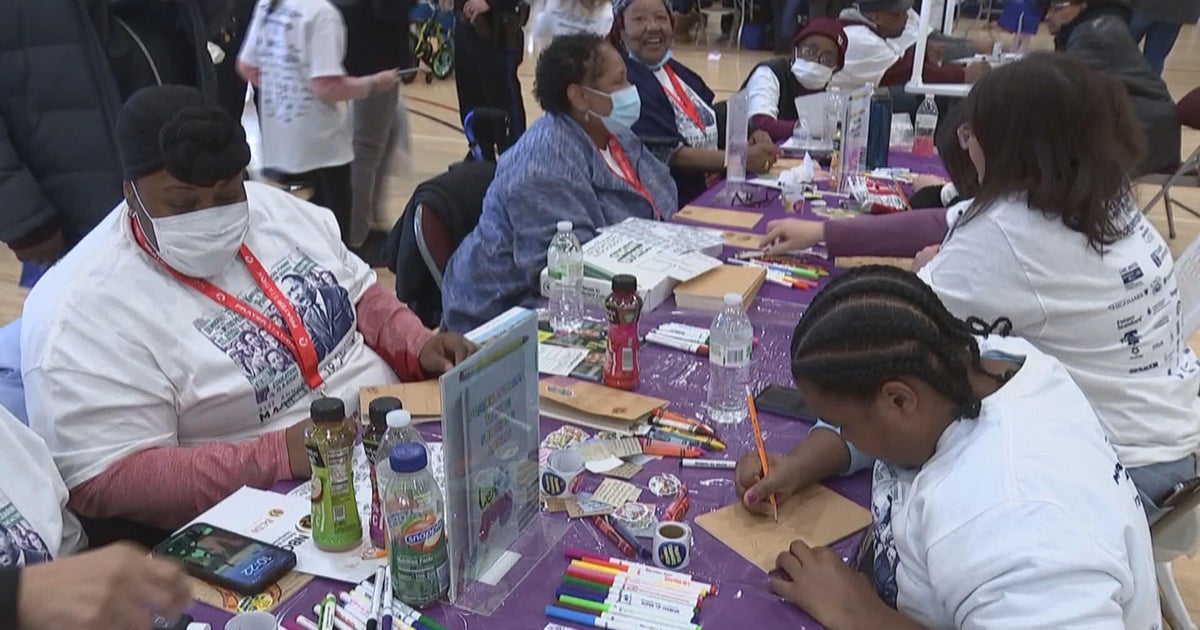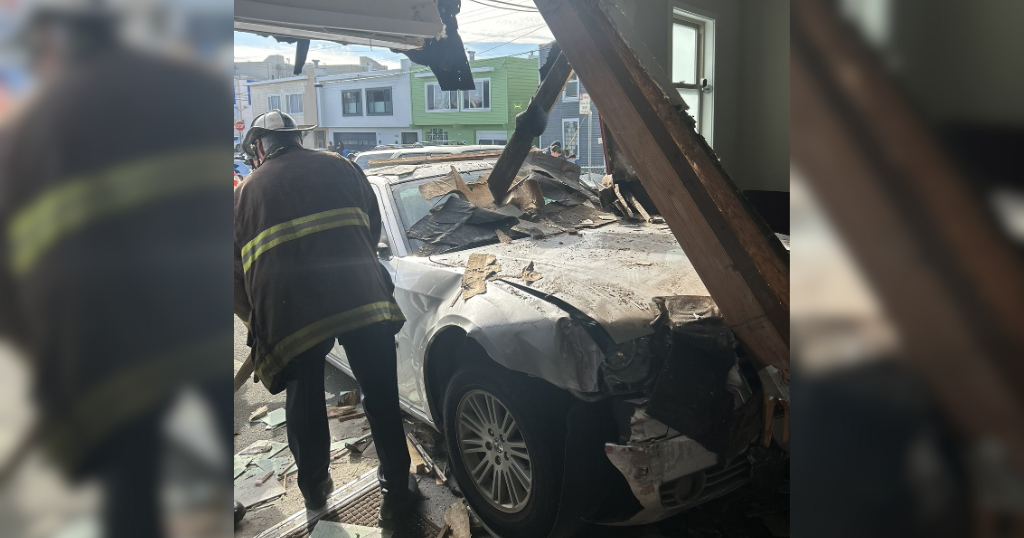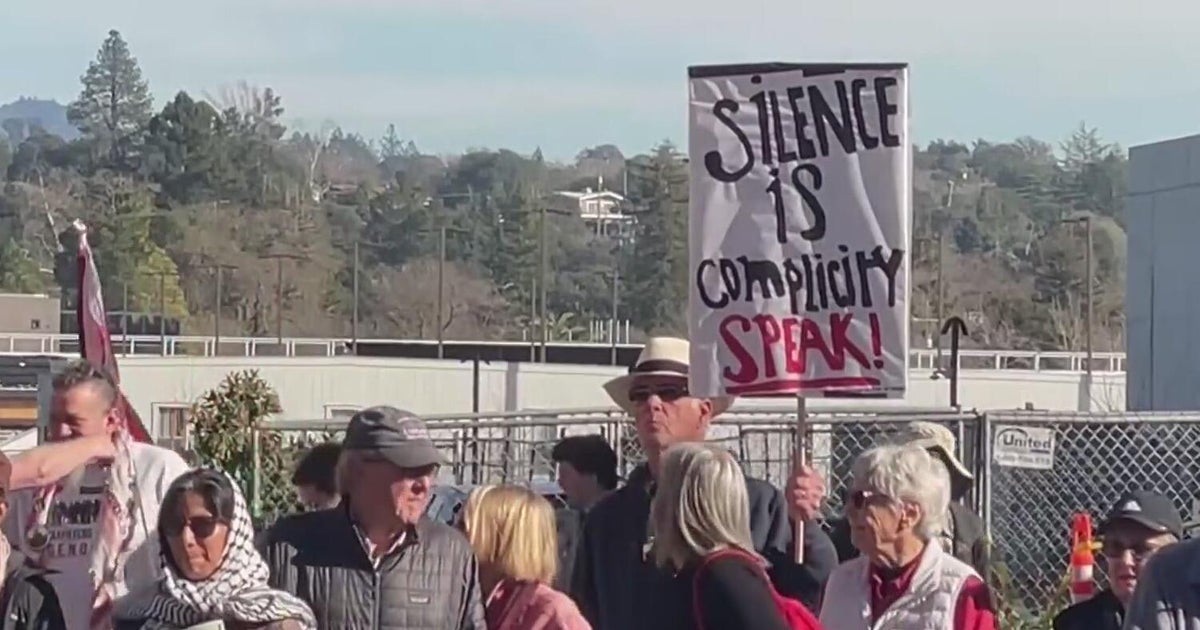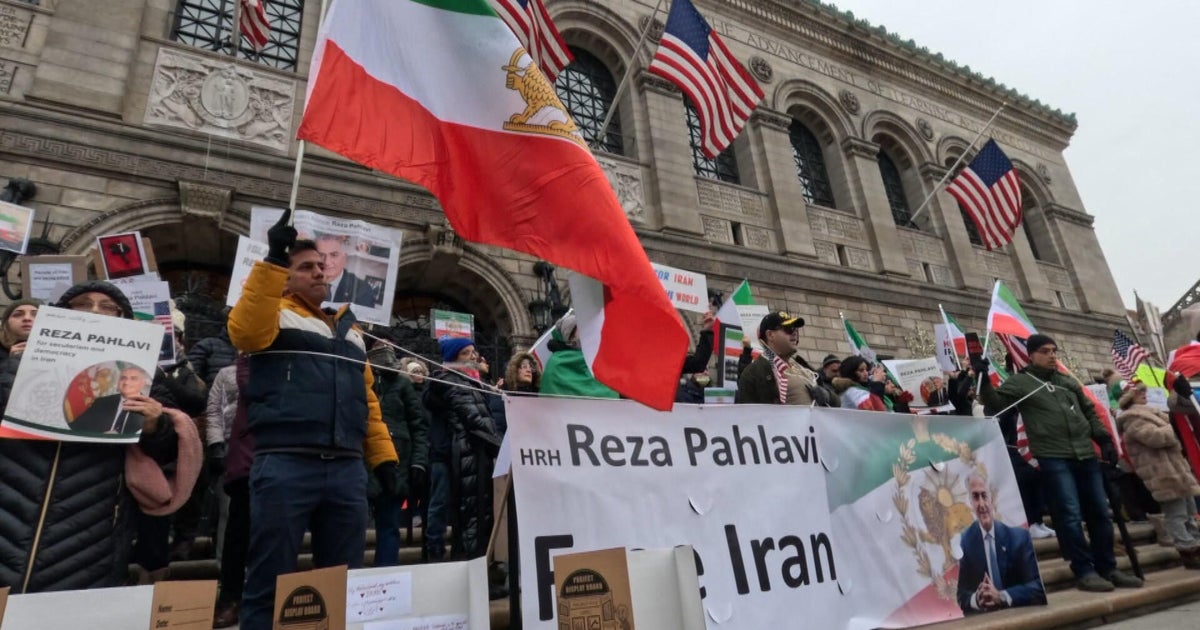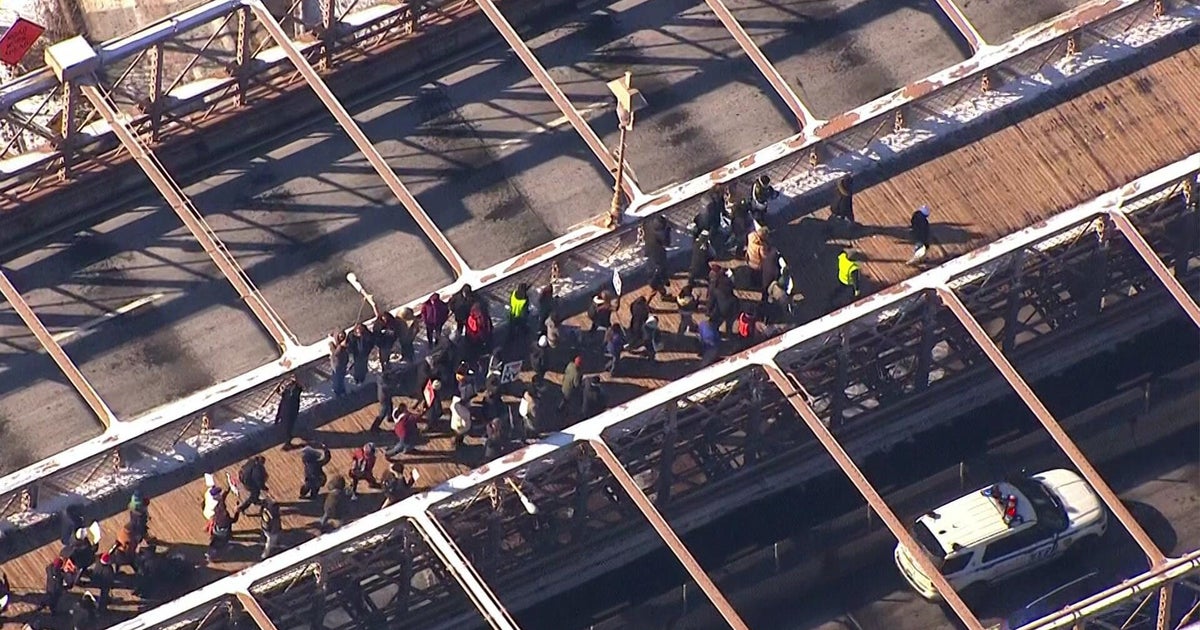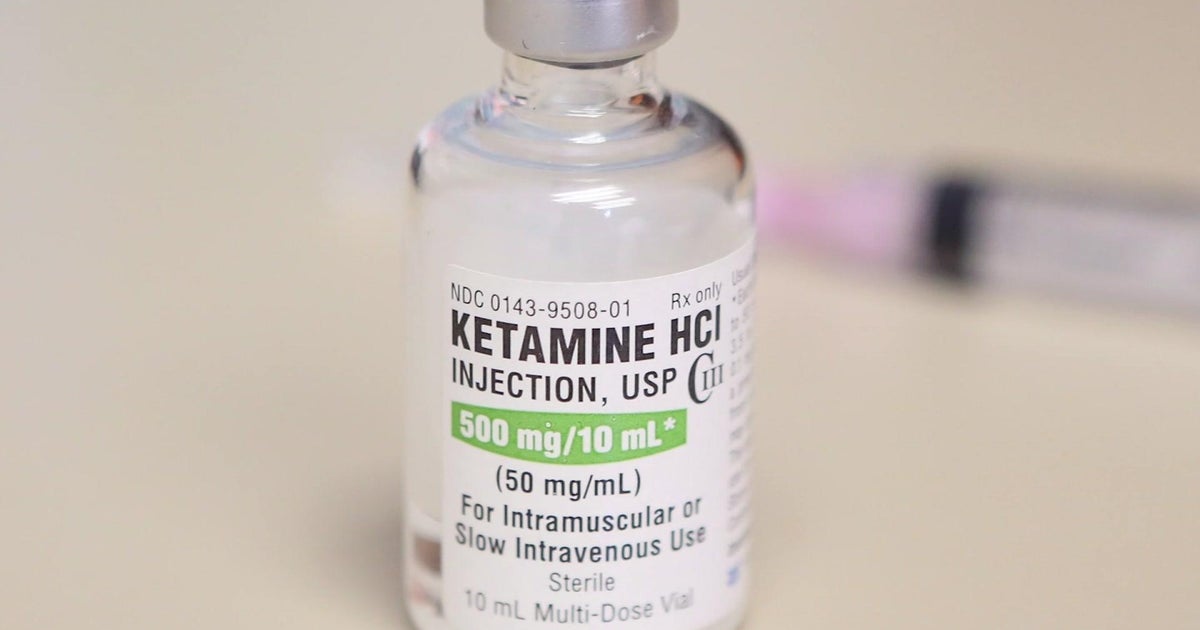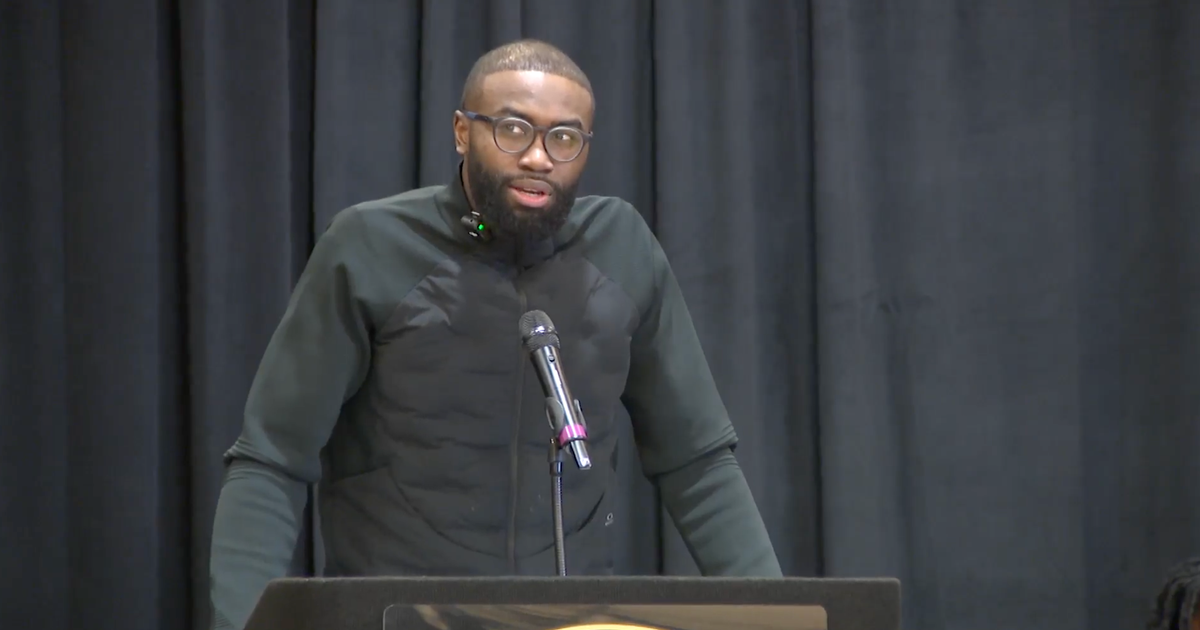'Occupy Wall Street' Movement Gains Momentum, Attention And Controversy
NEW YORK (CBSNewYork) -- As the Occupy Wall Street demonstrations gain momentum and attention, the movement has been getting support from some unlikely places and has spawned questions about what protestors are actually trying to achieve.
On Thursday, even the President of the United States weighed in on the protests and demonstrations.
"I think it expresses the frustrations that the American people feel. You're still seeing some of the same folks who acted irresponsibly trying to fight efforts to crackdown on abusive practices that got us into this problem in the first place," Obama said.
The demonstrations have virtually taken over Lower Manhattan for more than two weeks and grown into thousands Wednesday night as college students walked out of class and labor unions took the streets in solidarity with the anti-Wall Street protest.
According to its website, Occupy Wall Street defines itself as a "leaderless resistance movement with people of many colors, genders and political persuasions. The one thing we all have in common is that We Are The 99% that will no longer tolerate the greed and corruption of the 1%."
But what does that actually mean? The main goal of the protestors is against Wall Street corruption and greed, but the group has rallied against a number of other issues, including unemployment, economic inequality, college tuition rates, police brutality, health care and even the execution of Georgia death row inmate Troy Davis.
Some folks stopping by occupied Zuccoti Park suggest it resembles a left-wing Tea Party.
WCBS 880's Peter Haskell: Who Are These People?
Podcast
"In terms of ignoring the nuance of reality and trying to go back to just political ideals and humanist ideals, yeah, it's like the Tea Party," Charles Kopel told CBS 2's Lou Young.
Veteran activist George MacDonald says, however, he isn't sure what is happening in Lower Manhattan.
"We knew what we wanted and then when we got the attention of the government, we implemented the solutions," he told Young. "There are 50 or 60 messages that I've seen here."
On Wednesday, various labor unions joined the protest, including the United Federation of Teachers, the Transport Workers Union, the Service Employees International Union as well as the Working Families Party and MoveOn.org.
But a report Thursday morning in the New York Times suggests that some of the unions are joining the Occupy Wall Street movement in order to have a louder voice for their own issues.
"The Transport Workers Union, representing more than 200,000 active and retired workers, today endorsed the 'Occupy Wall Street' protests taking place in New York City and called on TWU members and local unions to join similar efforts taking place across the country," the TWU said in a statement.
Several lawmakers have also expressed support for the protesters, but others, including some Republican presidential candidates, have condemned them.
Assembly Speaker Sheldon Silver said it's time for the protestors to go, saying they should "not burden this community exclusively with their message," according to a report by DNAinfo.com.
Presidential candidate and former Massachusetts Gov. Mitt Romney called the protest "class warfare'' while speaking in Florida on Tuesday, CBS News reported.
"I think it's dangerous, this class warfare," Romney said to about 50 people when asked about the protests.
At a book signing Wednesday in St. Petersburg, Fla., pizza-company executive Herman Cain called the activists "un-American.''
"They're basically saying that somehow the government is supposed to take from those that have succeeded and give to those who want to protest,'' Cain said. "That's not the way America was built.''
Meanwhile, a number of celebrities have taken to the streets to show their support, including filmmaker Michael Moore, actors Tim Robbins, Susan Sarandon and others.
Even billionaire financier George Soros, who made much of his own fortune on Wall Street, publicly announced his support for the protestors.
During a news conference at U.N. on Monday, Soros said he sympathizes with the protesters and understands the frustrations of small business owners dealing with soaring credit card charges.
In general, most Americans seem to divided about the message and the method of the massive protests taking place.
A poll by Rasmussen Reports shows that 33 percent of people asked have a favorable opinion, 27 percent have an unfavorable opinion and 40 percent don't care one way or the other.
But that same poll found that 79 percent of Americans agree that the middle class was left behind when the big banks were bailed out.
While the movement seems to have no signs of abating in New York City, activists have been showing solidarity in other cities, including Los Angeles, Boise, Seattle and Boston.
What's your opinion of the protests? Do you support them? Sound off below in our comments section...
